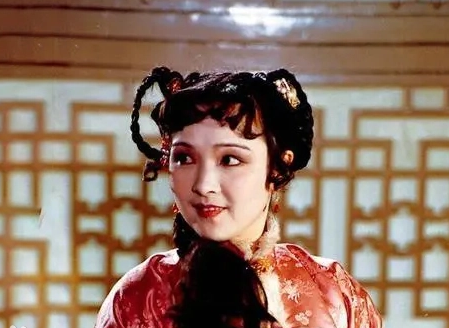In Chinese history, Di Renjie is a renowned official of the Tang Dynasty, famous for his fairness, integrity, intelligence, and bravery. However, it is intriguing that this legendary figure only reached the position of a third-rank official throughout his career. What are the reasons behind this? This article will explore the relevant situation of Di Renjie's official rank and its possible reasons.

I. Di Renjie's Official Career
Di Renjie held various important positions during the reigns of Emperor Gaozong and Empress Wu Zetian, including the Postmaster of Bingzhou, the Prefect of Luoyang, and the Left Assistant Minister of the Ministry of Rites. He was renowned for his excellent ability in adjudicating cases and his effective governance, deeply loved by the people and appreciated by the emperor.
II. The Official System of the Tang Dynasty
In the Tang Dynasty's official system, officials were divided into nine ranks, with the first rank being the highest and the ninth rank being the lowest. The third-rank official belonged to the higher-level officials but was not the top level. In the Tang Dynasty, those who could achieve the third rank and above were usually important ministers or meritorious officials in the court.
III. Why Di Renjie Was Only a Third-Rank Official
Despite his exceptional talent, Di Renjie's promotion was affected by various factors. Firstly, Di Renjie did not come from a prestigious family, which limited his promotion space to some extent. Secondly, his political stance and decisions sometimes differed from the upper power groups, which may have also affected his promotion. Finally, although Di Renjie had outstanding achievements, he maintained a low-key attitude in the fierce court political struggles, which may be one of the reasons why he failed to reach a higher official position.
IV. Evaluation of Di Renjie's Official Rank
Although Di Renjie did not achieve a higher official position, his deeds and influence transcend the level of his official rank. His wisdom, sense of justice, and contributions to the judiciary and administrative management have made him one of the most famous judges in Chinese history. His story has been passed down by later generations and has become an inspiration for many literary works and film and television dramas.
Conclusion:
Although Di Renjie was a third-rank official, his name has transcended the boundaries of official rank and become a symbol of integrity, fairness, intelligence, and bravery. In the long river of history, his personal charm and outstanding achievements are far more worthy of our remembrance and learning than the number of official ranks. Through the discussion of Di Renjie's official rank, we can more deeply understand the political environment of the Tang Dynasty and the complex relationship between personal talent and institutional restrictions.
Disclaimer: The above content is sourced from the internet and the copyright belongs to the original author. If there is any infringement of your original copyright, please inform us and we will delete the relevant content as soon as possible.
































